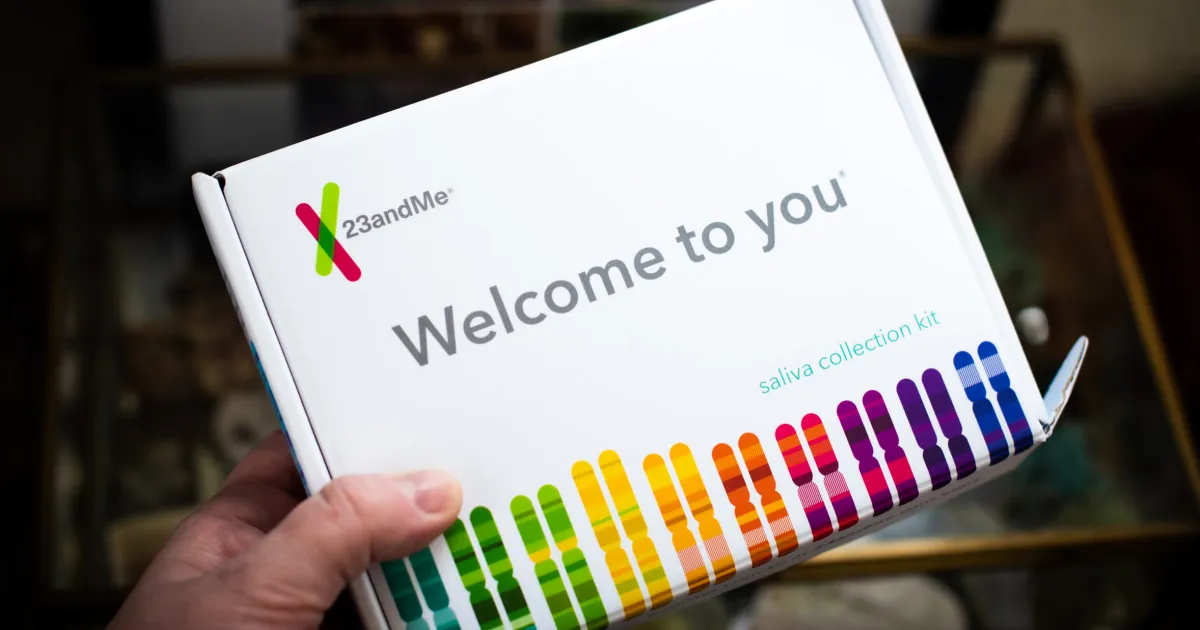
PORTLAND, Ore. — In a significant legal action, twenty-seven states along with the District of Columbia have filed a lawsuit in bankruptcy court aimed at blocking the sale of personal genetic data by 23andMe without obtaining explicit customer consent. This lawsuit arises as the biotechnology company seeks court approval to acquire the financially struggling firm, raising serious concerns about the handling of sensitive personal information.
The lawsuit emphasizes that biological samples, DNA data, health-related traits, and medical records are deeply personal and sensitive. Oregon Attorney General Dan Rayfield stated in a news release that customers should have the unequivocal right to control their personal information, which should not be treated like ordinary property. This legal action underscores the essential need for informed consent when it comes to the sale of such sensitive data.
Founded in 2006, 23andMe provides customers with saliva-based DNA testing kits that allow them to explore their ancestry and connect with long-lost relatives. Beyond ancestry services, the company has also been involved in health research and drug development. However, since going public in 2021, it has struggled to establish a sustainable and profitable business model.
In March, 23andMe announced a workforce reduction, laying off 40% of its staff, and subsequently filed for Chapter 11 bankruptcy protection in the Eastern District of Missouri. This financial turmoil has raised alarm about the safety and security of customer data, as concerns mount over how a potential sale could impact privacy rights.
Last month, Regeneron Pharmaceuticals expressed its intention to purchase 23andMe for $256 million. The company has assured that it will adhere to 23andMe’s existing privacy policies and comply with all applicable laws. Regeneron has committed to processing customer personal data in accordance with current consents, privacy policies, and terms of service. To further safeguard this data, they plan to implement robust security controls.
To ensure that consumer privacy remains a priority during this transition, a court-appointed, independent consumer privacy ombudsman is set to evaluate the proposed sale. This ombudsman will specifically assess how the acquisition might affect consumer privacy and will report findings to the court by Tuesday, further highlighting the ongoing dialogue around data privacy in biotechnology.
As this legal battle unfolds, the implications for customer rights and data privacy will be closely monitored by consumers and industry stakeholders alike.